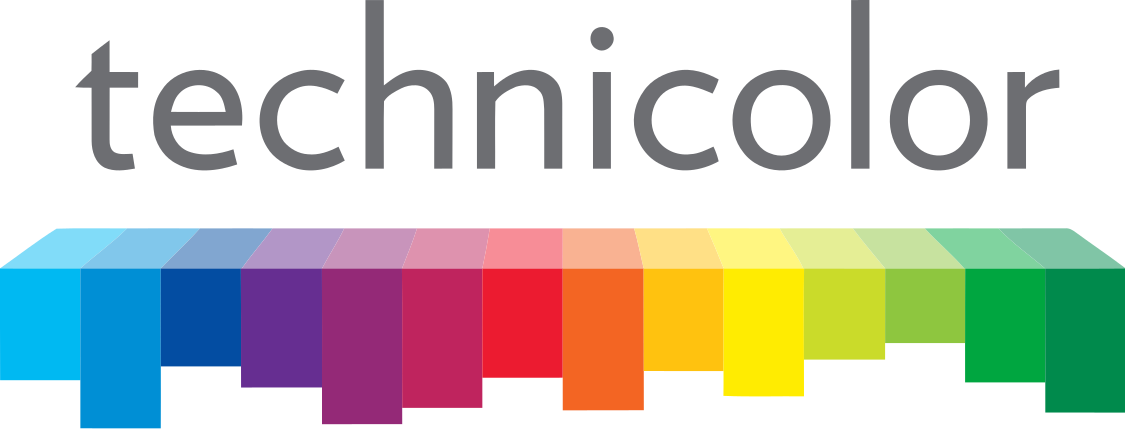Related (last year):

Summary: Connections between various patent trolls and some patent troll statistics which have been circulated lately
THE patent trolls epidemic is no longer just a
US-centric epidemic; China is feeling it
too, having tactlessly embraced patent maximalism (in itself an epidemic of the mind) like the
USPTO did.
It's not hard to tell what a patent troll is; it's usually obvious if some entity has some services/products. Entities that are practicing have things to show. They advertise these as they attempt to make sales, transactions etc.
Well, days (or even less than days) after
this promotional piece of his, Dr. Mark Summerfield softened the image of patent trolls by citing and quoting the world's largest troll,
Intellectual Ventures. It's pretty obvious that Intellectual Ventures never had any products; it was never the intention. It's not even a broker as its main activity is suing, usually via plenty of proxies. Intellectual Ventures is as evil as can be. But Summerfield's piece isn't whitewashing the troll; instead, it
sheds lights on some statistics from Lex Machina:
Lex Machina’s analysis shows that since the commencement of the US patent law reforms introduced by the America Invents Act (AIA), rates of patent litigation have been in steady decline in real terms. Furthermore, while the list of top plaintiffs remains dominated by non-practising entities (NPEs), in 2017 two pharmaceutical companies entered the top ten, with two more filling out the top 15. And while headlines tend to be captured by a small number of very high awards of damages against big infringers, the reality for most plaintiffs is sobering. Just 11% of all cases terminated since 2000 reached a final judgment, with around three-quarters settling. While patentees are victorious slightly more often than defendants (around 60/40), compensatory damages are awarded in less than half of the cases won by plaintiffs, and for those cases in which ‘reasonable royalty’ damages were awarded during the three years up until the end of 2017, the median amount was just US$4.4 million – perhaps barely enough to justify litigation in a jurisdiction where the usual rule is that each party must bear its own costs of the proceedings.
We have been writing about trolls and documenting their actions for a very long time. For over a decade we've been pointing out that Intellectual Ventures works for Microsoft and
Finjan, another troll, is backed by Microsoft. It's even publicly-traded, albeit its stock tanked over the years (yesterday, however, financial media took interest in the stock [
1,
2,
3). According to IAM, another publicly-traded troll may soon purchase another. As IAM
has just put it: "InterDigital due to release its FY17 results on 22nd February. Will it also announce Technicolor purchase? https://globenewswire.com/news-release/2018/01/30/1314295/0/en/InterDigital-Announces-Date-for-Fourth-Quarter-and-Full-Year-2017-Financial-Results.html [
...] Technicolor announced in December that it was in advanced stage of talks about a sale with an unnamed entity."
We wrote a lot about both of these. Technicolor, unlike InterDigital, used to be an actual company rather than a troll. But now it seems like both of them are just trolls and one may soon collapse onto the other.
⬆

